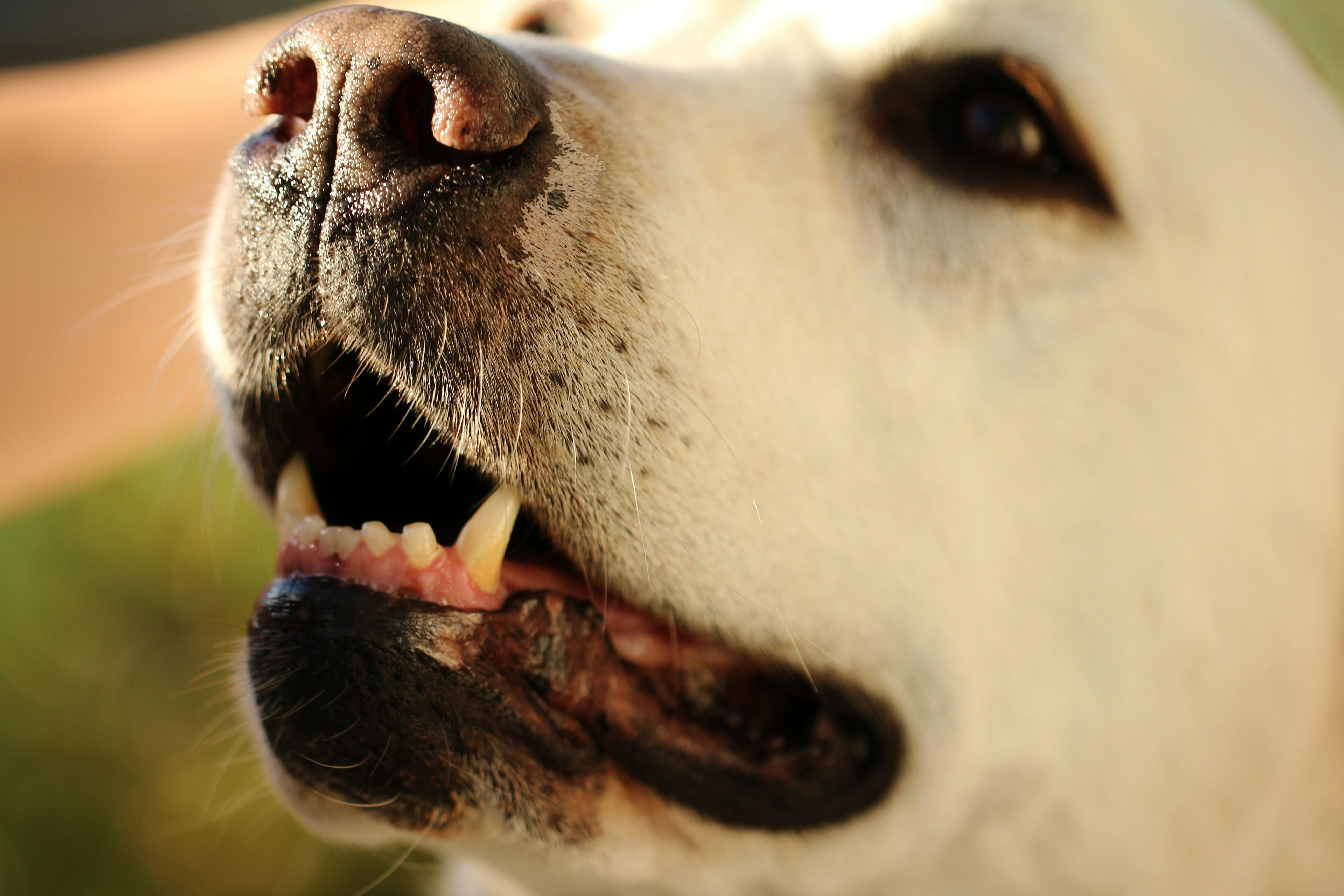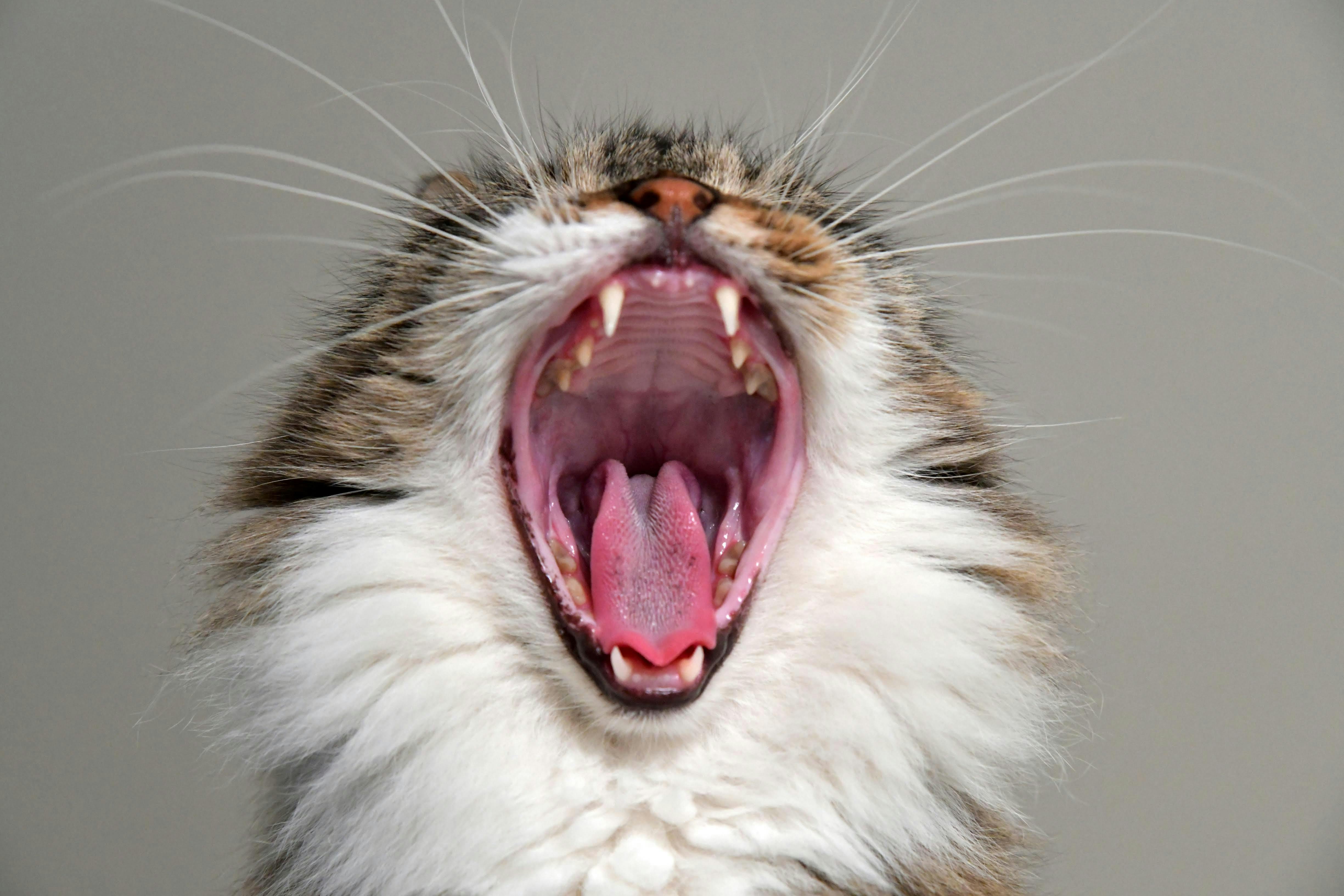Does Pet Insurance Cover Dental Care? A Comprehensive Guide
Our guide explains whether pet insurance covers dental care, then explores the ins and outs of dental pet insurance and choosing the right policy.
Updated:
When you purchase through links on our site, we may earn an affiliate commission. Here's how it works.

Keeping your pet healthy is a priority, and getting one of the best pet insurance policies around is a great way to be financially prepared for vet bills. But you might be wondering about cover for your pet’s dental care. After all, oral health is a vital part of well-being.
But what does pet insurance cover and does it include dental care? And how can you tell if your dog or cat needs it?
In this article, we answer these questions and more. We also break down what you need to consider when choosing the right pet insurance policy.
Key takeaways
- Dental disease is common in cats and dogs, and insurance can cover the cost of dental treatments that keep your pet healthy.
- Not all dental conditions are obvious, but good dental cover can help pay costs when trouble arises.
- Many providers don’t offer dental cover as standard, so make sure you search for a comprehensive plan or one that offers dental coverage as an extra.
- Check the policy to see if it covers both dental disease and accidents. Most policies don’t include routine and preventative dental care.
Does my pet need dental insurance?
Dental health and hygiene are a crucial part of any animal’s well-being. Just like in humans, tooth and gum problems can be painful and prevent your pet from eating properly. In addition, minor issues can lead to more serious problems, including infections, tooth loss, and even kidney, liver, and heart disease.
Additionally, the Royal Veterinary College found that 12.5% of dogs and 15.8% of cats suffer from recognised dental disease. Certain breeds might be more prone to dental problems due to the shape of their head and jaw.
Given the importance of dental health and the prevalence of dental disease, it’s worth considering taking out dental pet insurance alongside or included with your regular pet insurance plan. Having insurance means you pay a fixed premium fee and won’t need to take such a big financial hit if your pet develops serious dental issues.
Signs of common dental problems
Most animals are good at hiding pain. However, to determine if your pet needs dental treatment, keep an eye out for signs like:
- Decreased appetite (although some pets keep eating even though they’re in pain)
- Preferring soft food if available
- Plaque, tartar, and discolouration of the teeth
- Bad breath
- Inflamed and infected gums
- Swelling around the face and jaw
- Excess drooling
- Broken teeth
- Behaviour changes
Some of these signs could point to other issues, and not all dental problems are easy to spot. That’s why regular checkups are essential. Plus, many insurance plans require an annual dental exam. Taking out insurance before problems occur is also a good idea to prevent certain conditions (e.g., pre-existing conditions) from making you ineligible.

Is dental care covered by pet insurance?
Many standard pet insurance policies don’t cover dental care.
However, you may be able to find it as part of a comprehensive pet insurance policy that covers accidents, illnesses, and dental emergencies. You may also be able to add dental care to your standard policy or purchase it as an additional plan.
Which pet insurance companies cover dental care?
Although not all pet insurance plans include dental care, it’s possible to find policies that cover particular dental conditions. Some examples include:
Tesco’s pet insurance plans cover dental treatment for damage caused by an accident. With the Premier policy, you can also cover gum disease and tooth decay treatment.
Pet Protect covers non-cosmetic and non-preventive dental treatments, i.e., emergency care.
LV=’s Lifetime pet insurance plan covers dental treatment as long as your pet has been getting annual check-ups and the treatment happens within 6 months of any issue arising. The Time Limited plan covers dental conditions caused by accident or injury.
Sainsbury’s pet insurance plans cover dental care as standard up to a certain limit (defined by your policy) and even overseas.
What does pet dental insurance cover?
Some common policy types offer dental care cover for your pet. Accident-only cover usually reimburses the cost of treating accidental injuries, while other policies cover both accident and illness. Consider whether you need a time-limited policy (allows claims for conditions in a limited period only, e.g., 1 year) or lifetime cover (allows you to claim for a condition over the pet’s lifetime, as long as it arose after the policy start date).
Here’s what pet dental insurance may cover:
Accidental injury
A policy that includes accidental injury will cover dental problems caused by accidents, e.g., broken teeth or injured gums.
Dental disease
Illnesses like gum disease, including gingivitis and oral cancer, may be included in a policy with dental disease cover. Be sure to check the details.
Tooth extraction
Your pet may need 1 or more teeth removed, especially as they get older. Since tooth extraction typically requires sedation or anaesthesia, insurance coverage can help with the expense.
What isn’t covered by pet dental insurance?
Most pet insurance plans don’t cover pre-existing conditions, and dental is no exception.
In addition, you may not be covered if your pet develops a dental condition due to neglect of routine check-ups. Cosmetic procedures are usually not included either.
Preventive care, such as tooth cleaning, is also often excluded. Adding it to your plan as an optional extra is possible, but it isn’t common. Make sure you check potential policies carefully before buying.
How much does pet dental insurance cost?
Pet insurance usually costs around £100-£300 per year.
However, the exact cost varies depending on your pet’s profile. Factors that can affect the cost include:
- Whether dental care is standard or if you need a premium plan to cover it
- Whether you have a cat, dog, or other type of pet (dental insurance for dogs tends to be more expensive)
- The breed and age of your pet
- Veterinary fees in your area
How to look for pet insurance that covers dental
If you’re sure you want dental cover for your pet, consider the following when choosing a plan:
- Is dental care included as standard?
- If not, can you add this to the plan as an extra?
- Can you afford the monthly or annual premium?
- Does the insurance include both accident and illness cover?
- Are there any exclusions that might make your pet ineligible, e.g., pre-existing conditions?
- Can you get treatment at any clinic?
Final thoughts on pet dental insurance
Dental health is an important part of a pet’s well-being. As pet dental care costs can be steep, taking out dog or cat dental insurance can be a sensible way to manage the financial burden. However, you will need to weigh the cost of adding dental to your insurance plan and what your policy covers to decide if it’s worth it for your pet.
FAQs
Are dental problems covered by pet insurance?
Most pet insurance policies don’t include dental care as standard. However, you may be able to find more comprehensive plans that do or allow you to add dental as an optional extra.
What is considered a dental disease in dogs?
Generally, dental diseases in dogs and other pets involve the teeth and gums. Broken or missing teeth, gum diseases like periodontitis and gingivitis, plaque and tartar buildup, and malocclusion (teeth and bite misalignment) are just a few.
Does pet insurance cover teeth cleaning or preventive descaling?
Most pet insurance policies don’t cover teeth cleaning or preventative descaling. That said, some providers may offer additional extras, including preventive wellness care.
